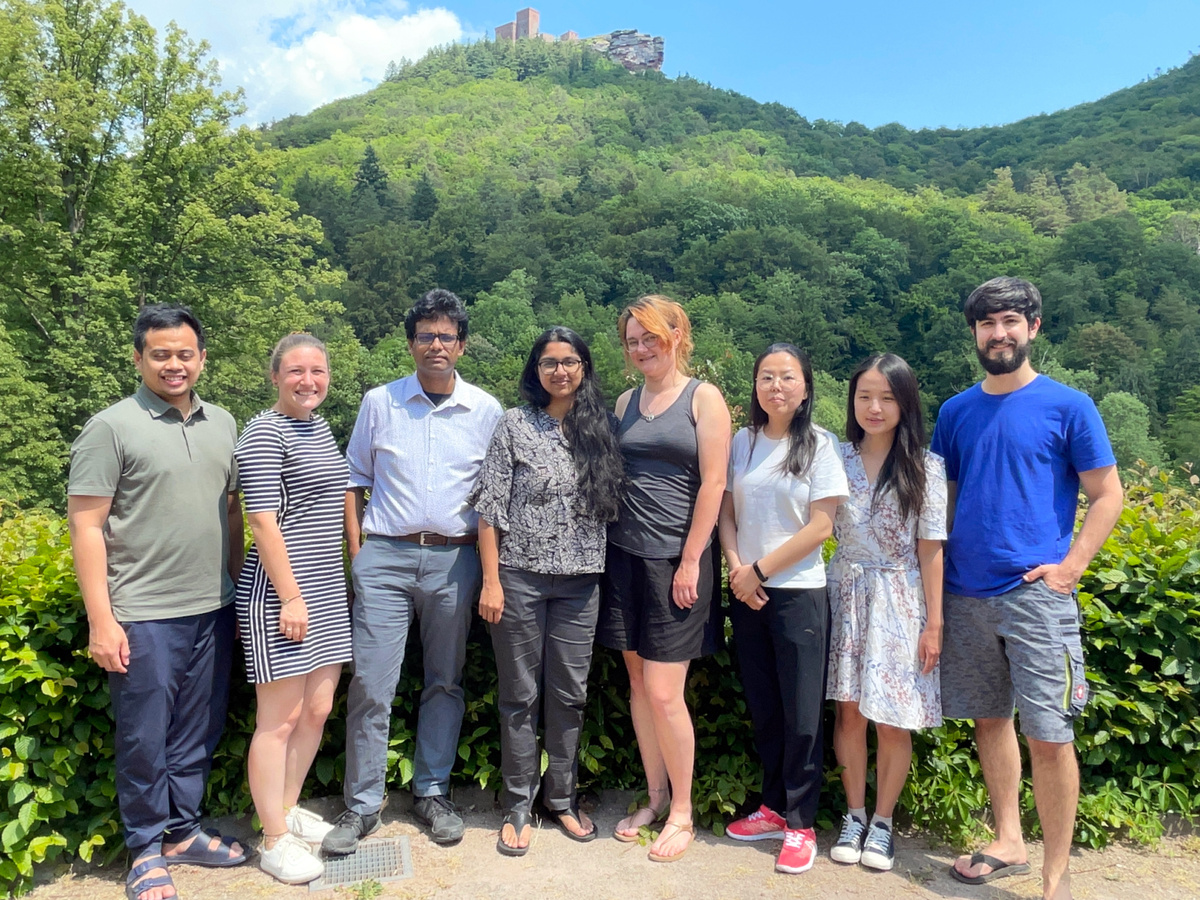Research group “Sylvanus – Increasing resilience and reducing trade-offs during forest transformations” (SYL)
Preventing global forest dieback and maintaining a healthy and sustainable tree cover is a major challenge for our society. An adaptation strategy is to increase forest resilience to reduce climate change impacts. We research how resilience can be increased during forest transformation (e.g., converting monocultures to mixed forests, restoring damaged forests, reforming forest management, and changing species composition in urban forests).
We emphasize that forest transformation is a socio-technical and social-ecological process and that stakeholders should be involved in the design of future forests. In this way, environmental and social justice can be ensured and the ecological footprint of forest products can be reduced.
Forests provide multiple ecosystem services, and increasing the multifunctionality of forests is crucial for sustainable forest management. However, significant trade-offs between ecosystem services can occur when forest management goals are incompatible. We seek to understand the temporal and spatial patterns of those trade-offs by analyzing primary data, meta-analyses, and synthesizing data from repositories (such as the National Forest Inventory).
We will answer fundamental research questions to understand the underlying processes (e.g., photosynthesis, resource use efficiency, heat-stress reduction by urban trees, etc.) behind the emergence of trade-offs. Moreover, we aim to provide solutions to forest owners, practitioners, and policy makers for reducing trade-offs between management goals when converting forests to increase resilience.
Forest lab at Sylvanus in ITAS
We are interested to know how changing forest structure and composition in urban, natural, semi-natural, and planted forests influence ecological processes, which further influence the supply of ecosystem services. At the same time, we try to find out how climate change impacts ecological processes. Understanding ecological processes and their implication for the supply of ecosystem services is crucial for increasing the resilience of forests to climate change impacts and sustainable forest management. Therefore, we have a unique forest lab at ITAS with a range of instruments that can be used in field conditions to perform forest inventory, tree health assessment, tree ring analysis, root assessment, light availability assessment, and soil analysis. We also have devices capable of measuring ecological processes such as photosynthesis, gas exchanges in leaves, and soil respiration. A list of instruments we have as of February 2023 can be found here.
| Portrait | Title | Name | Phone | |
|---|---|---|---|---|
| Dr. rer. nat. | Saha, Somidh | +49 721 608-24644 | somidh saha ∂does-not-exist.kit edu |












